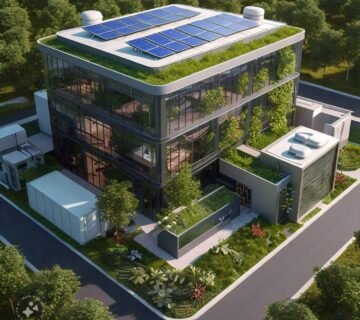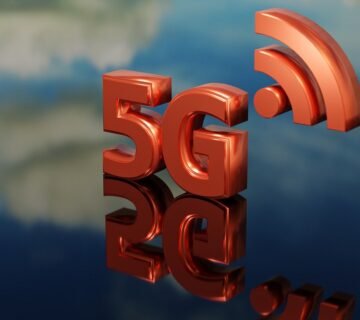As energy demand surges, the need for smart, efficient solutions becomes critical. The Internet of Things (IoT) offers innovative ways to manage energy use across cities and industries, making it a key player in sustainable development. Smart grids, IoT sensors, and connected devices allow real-time energy monitoring and optimization, ensuring more efficient consumption
- Smart Grids: Traditional grids are being replaced by smart grids that can balance energy supply and demand dynamically. IoT-enabled grids allow for better integration of renewable energy sources, such as solar and wind, into the system. Smart meters and sensors provide data that utilities can use to predict demand spikes and optimize energy distribution.
- Industrial Efficiency: IoT applications in industries optimize energy use by monitoring machinery and equipment in real time. Predictive maintenance ensures equipment operates at peak efficiency, reducing downtime and unnecessary energy consumption.
- City-Level Applications: In urban settings, IoT systems control street lighting, traffic signals, and public buildings to conserve energy when not needed. Smart thermostats and lighting systems in homes and offices also contribute by adjusting usage based on occupancy and weather conditions.
IoT-based energy management is transforming the way we approach sustainability. By implementing these technologies on a large scale, cities and industries can significantly reduce their carbon footprints.






